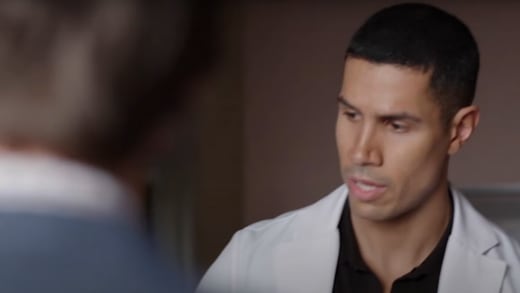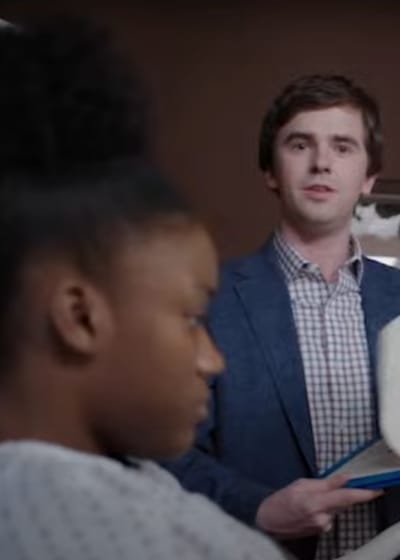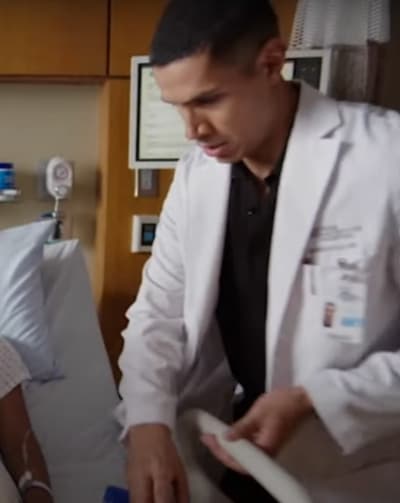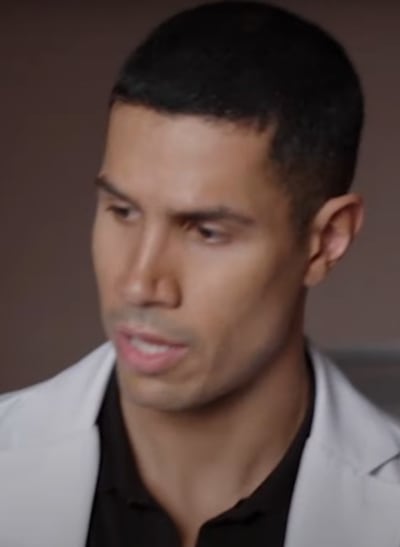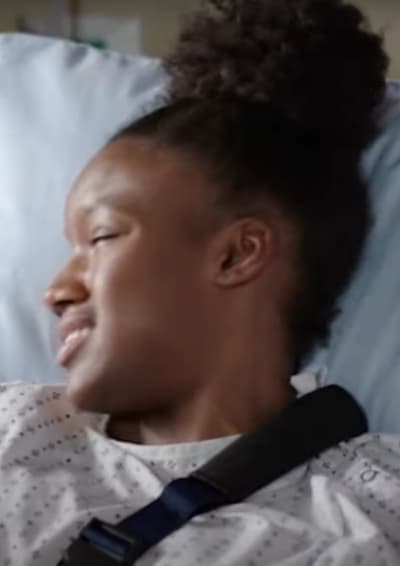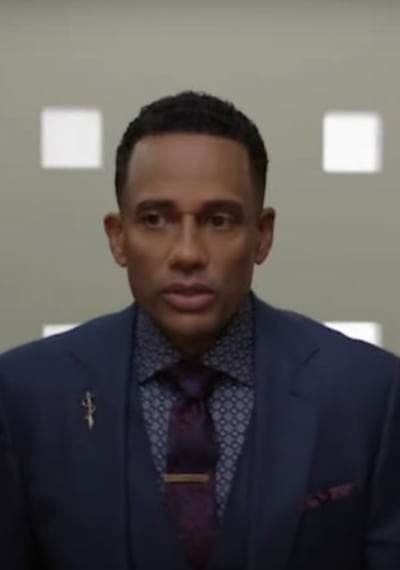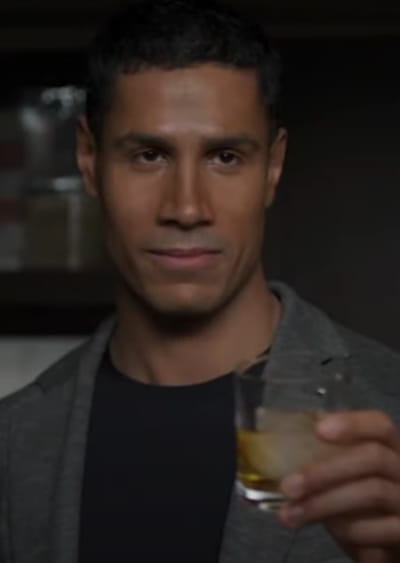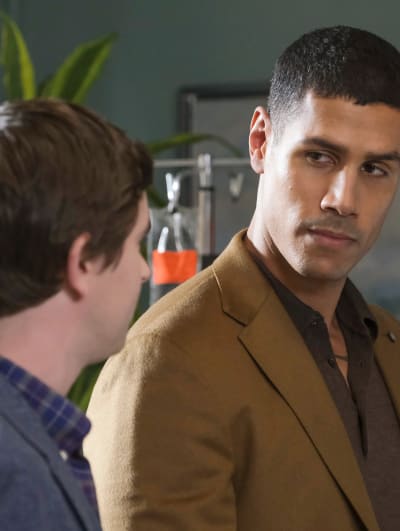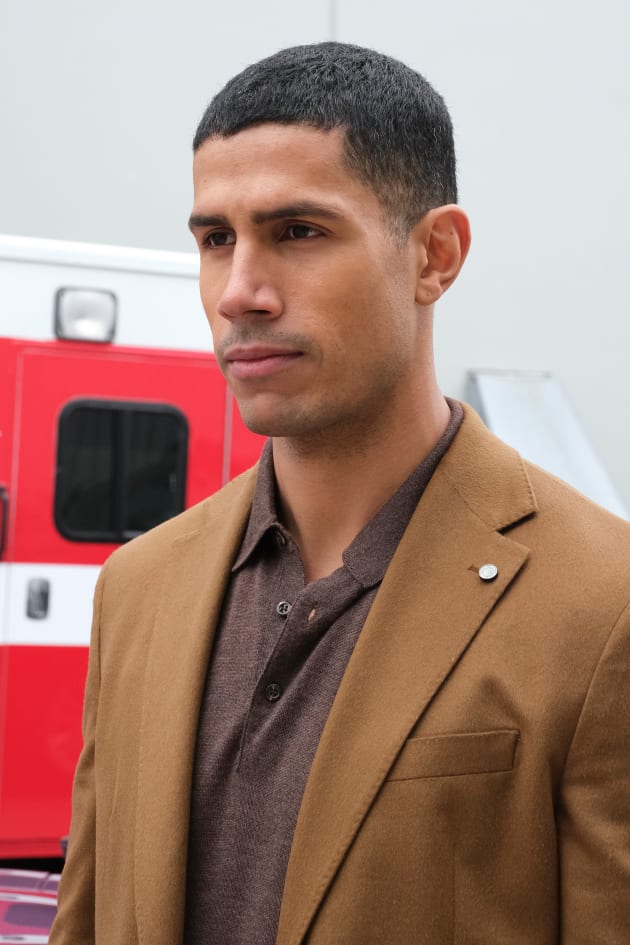
Jared starting his residency all over again was bound to be problematic.
He has far too much knowledge to be a first-year, especially when he’s been out in the field a while.
And on The Good Doctor Season 6 Episode 17, his first day went extraordinarily badly because of the expectation that he keep his mouth shut and follow Shaun’s lead.
Shaun’s expectations were hypocritical. Not long ago, he and Glassman butted heads over Shaun changing the surgical plan and Lim’s subsequent paralysis.
Shaun still struggles with seeing other people’s perspectives, thanks to his autism. Irritatingly, he comes off as if he’s always right and others are always wrong.
But it’s not that Shaun is entitled or spoiled. He has difficulty understanding why others think, feel, and act in ways he dislikes. From his point of view, his refusals to follow directions are justified, while Jared’s are not because they contradict his well-thought-out opinion.
Shaun: Jared has made my job very difficult.
Glassman: Shaun, sit down. When you were a first-year resident, you wouldn’t listen to anybody and you did things your own way. You still do. You rubbed everyone the wrong way and you made everyone’s job more difficult, especially mine. But we gave you space to learn and we learned from you too, and you transformed yourself into an asset. Okay, so Jared overstepped. Give him the space to learn like you did.
Thankfully, Glassman straightened Shaun out about this. I could hear the unexpressed triumph as he asked Shaun if Jared had changed Shaun’s surgical plan.
It must have taken everything for Glassman to avoid smirking as he asked that question!
Glassman is the only one who can get through to Shaun at times like this. Sometimes, Shaun won’t even listen to Lea, but he will almost always listen to Glassman.
The two have a special relationship, so let’s hope Glassman’s poor (according to Shaun) suture technique was an anomaly and not the indication of a serious problem that Shaun seems to think it is!
Shaun wasn’t the only one to blame for the mess with Jared. Andrews’ instructions didn’t help things any.
Andrews wanted to impress upon Shaun the importance of not playing favorites. But his instructions were vague and abstract; the only specifics he gave Shaun were that he shouldn’t call Jared by his first name and that he shouldn’t display favoritism.
Leaving in too many blanks for Shaun to fill in is never a good idea. Shaun’s internal logic doesn’t match how neurotypical people approach social situations; if he’s left to his own devices, he will do things that make sense to him but don’t help the situation.
In this case, he had two or three problems to deal with.
First, Shaun had to navigate the dual relationship with Jared and figure out how to be a good boss to his friend. His interpretation of treating Jared the same way he would any other first-year included expecting him to listen uncritically to Shaun’s suggestions and follow protocol to the letter.
The problem here was contextual: first-years and attendings interact based on the assumption that the new residents don’t have any field experience yet and are here to learn practical skills for the first time.
But, as Jared pointed out, Jared has been out in the field. He’s re-doing the first-year program because that was the only opportunity available, not because he doesn’t have the skills to work at a higher level.
Shaun needed to take that into account and didn’t do so.
In addition, Shaun’s viewpoint is that medical decisions should be made objectively, and he didn’t understand that the patient’s mental and physical health influence one another.
That was the real source of his and Jared’s conflict. Shaun wanted to do what was less risky to have the best chances of prolonging the girl’s life and did not understand why her emotional state was relevant.
So when Jared tried to explain how depressed and angry the girl was about her inability to control her body, he might as well have been talking in a foreign language. Shaun didn’t understand what he was saying, and Jared’s attempts to explain only got him more upset.
Shaun also has issues tolerating disagreement because of his challenges in seeing others’ perspectives. In his mind, he’s right about EVERYTHING, and he doesn’t understand how others can see it differently.
The case beautifully illustrated how neurodiverse children often struggle to be accepted in school. Whether a kid has Tourettes, Autism, ADHD, or other neurological differences, other kids may bully them for being different.
And since many schools blame victims for bullying despite greater awareness than ever that bullying kills, these kids are left to figure out how to handle it on their own.
In this case, the patient internalized a lot of the other kids’ hatred. She wanted to be “normal,” whatever that meant.
It wasn’t just the bullying. That was bad enough, but she also hated that her body kept doing whatever it felt like, and her mother wouldn’t let her make any decisions for herself.
No wonder she wanted surgery that could potentially eradicate the symptoms that made her different!
I wish someone could have appealed to Shaun’s feelings about growing up different. That might have helped him understand why Jared wanted to give this patient the more radical surgery.
Jared: I never met anyone who wants to go to school as much as you.
Girl: I hate school. But I hate not having any control over my life even worse.
Jared’s solution was perfect, though. Once the patient’s mother understood what her daughter was going through, she changed her mind about allowing her to have surgery.
The best thing Jared could have done was encourage mother and daughter to talk honestly and listen closely to each other.
Park’s case had some overlaps. In this non-traditional family, Grandma was in charge, and she wasn’t listening to her daughter’s wishes or the doctors.
She said she wanted to do what was best for Carter, but she was acting out of fear more than anything else. Carter was not her son, and his mother wanted him to have surgery; thank goodness the grandmother came around before it was too late.
Park keeps getting these adorable preschoolers with serious cardiovascular issues. One of these days, one of his patients will break our hearts!
His case was interspersed with Asher and Jerome’s relationship drama.
I don’t know how I feel about that conflict, which came out of nowhere.
Jerome’s decision to keep quiet about his HIV status affected Asher. Asher might have made different decisions about protecting himself during sex if he knew Jerome was HIV positive.
On the other hand, Jerome’s disease is managed so well that it’s undetectable and can’t be passed on to sexual partners, so Asher didn’t need to make any different decisions to protect himself.
If the whole conflict had been on-screen rather than Asher tiptoeing around the fact that he and Jerome had hit a rough patch only to confront him about this in front of Park and Lim, I might feel differently.
But this felt contrived, and Asher wasn’t being fair, which was annoying.
Your turn, The Good Doctor fanatics! Hit the big, blue SHOW COMMENTS button and let us know your thoughts.
The Good Doctor doesn’t return until April 3, but you can watch The Good Doctor online anytime you want.
The Good Doctor airs on ABC on Mondays at 10 PM EST / PST. The next new episode airs on April 3, 2023.
Jack Ori is a senior staff writer for TV Fanatic. His debut young adult novel, Reinventing Hannah, is available on Amazon. Follow him on Twitter.


